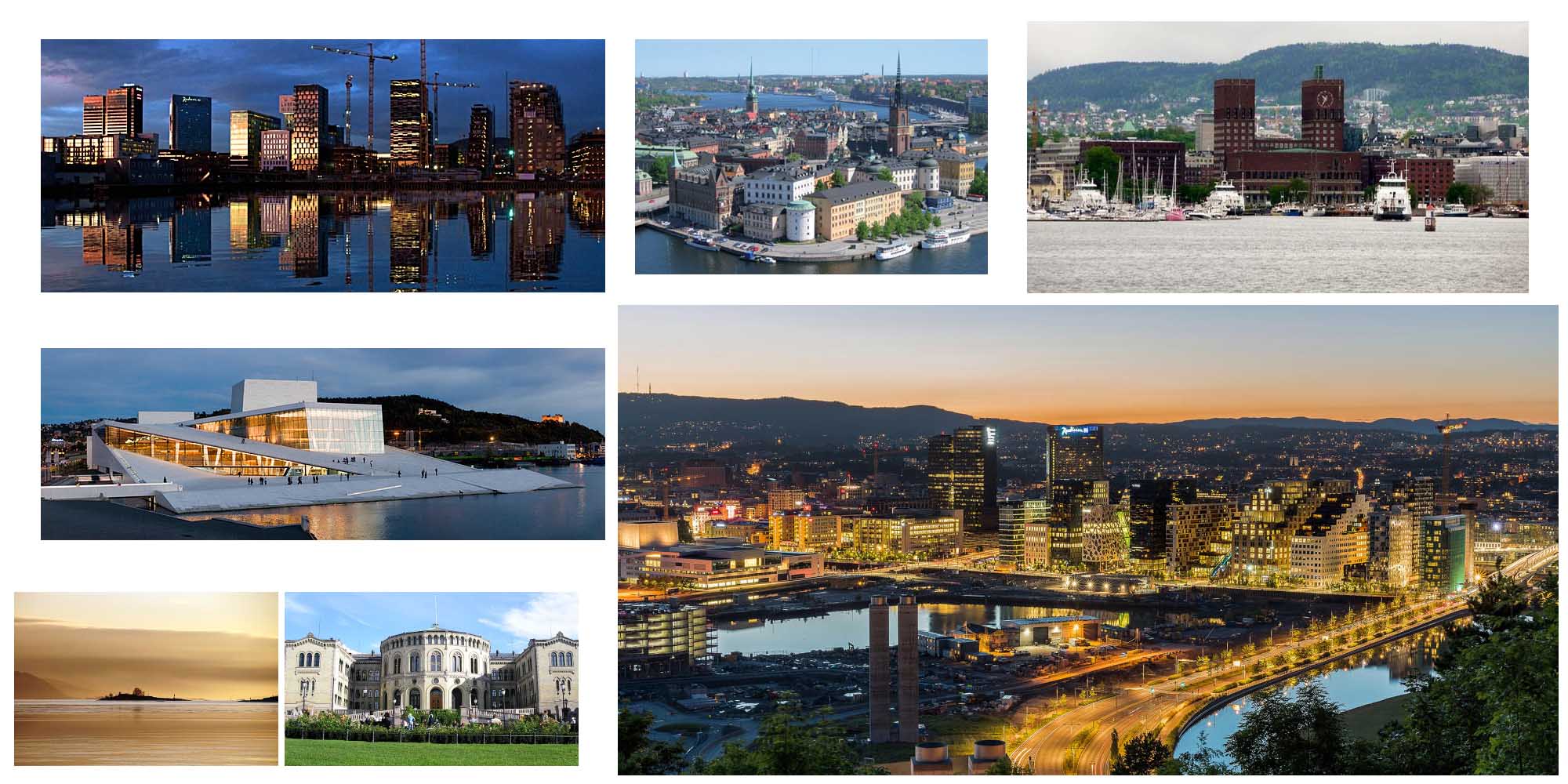“Gladsheim is called the fifth, there with gold
wonderful walhalla flares up;
There, too, Hropt collects daily
Warriors in the battles of the fallen”.
(Grimnismal 8)
This, who died their own death, he was destined to stay at Niflhel, the land of the dead.
For I have traveled all worlds,
The Nine Worlds traveled as far as Niflhel
Down,
Where are those who have died”.
(Vafthrudnismal 43)
„(I saw the room: standing away from the sun
On the corpse coast, the gates come out to the north
of order, drops fall through the chimney,
Walls are woven from the crests of the snakes)”.
(Voluspa 38)
"She saw: there their tongues went through the streams
perjury and assassins;
Seducers of other wives went with them.
Nidhógr, black monster, he had sucked their corpses out,
He devoured the dead. - Is this enough for you? ?”
(Voluspa 39)
As you can see, the picture of the world of the dead presented in Edda is rather uninviting. Walhalla, on the other hand, played the role of a Norman paradise. Its attractiveness resulted from the primitive way of presenting reality, still at a low level of abstraction. True happiness was in having needs constantly and fully. This is indicated in the description of Valhalla by such elements, like a full abundance of food and drink -
“Walhalla will never be so populated, to run out of Serinner's boar meat” (Ladies saga 33), or communing with the deity - “Odin sits at the same table as Einherriar - fellow warriors” (Ladies saga 34). It was an honor for the Normans to die in battle, and sometimes a goal. For she was opening the door of paradise and allowing, in the opinion of the then, to keep eternal fame. Hence the words spoken in the Havamal song:
"Silly thoughts, that he will live forever,
When he avoids the fight,
But old age will not give him peace
Although the javelins will give him”.
(Havamal 16)
